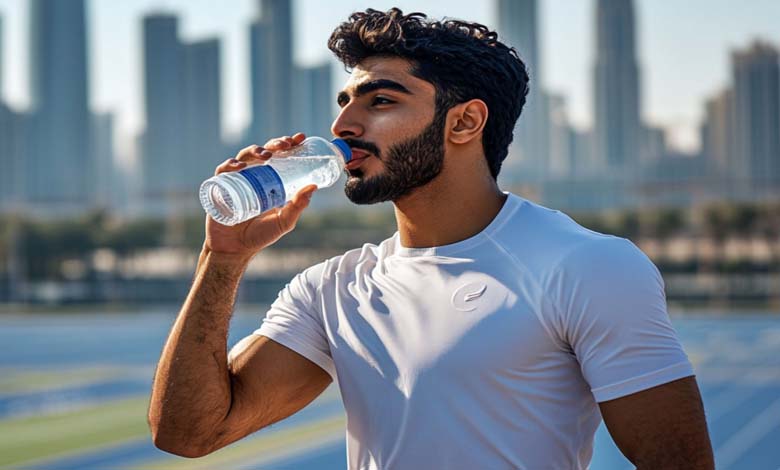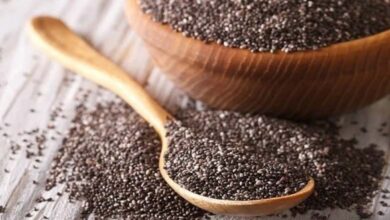What Role Does “Hyperhydration” Play in Athletic Performance?

Proper hydration plays a vital role in maintaining body functions, especially during intense physical effort or in hot conditions.
With about 60% of the human body composed of water, maintaining hydration is essential to avoid fatigue, cramps, and other issues that can impair performance.
-
Chemicals in Drinking Water Raise Cancer Risk
-
Is Drinking Lemon Water in the Morning Good for Your Health?
In recent years, a practice known as “hyperhydration” has gained increasing attention for its potential role in improving hydration levels and boosting endurance, according to a report published by Women’s Health.
Hyperhydration involves increasing the amount of water in the body beyond normal levels.
According to experts, the aim of this practice is to boost the body’s fluid reserves by up to an additional liter, equivalent to approximately a 1.5% increase in body weight.
-
Drinking a lot of water… Does it really help hydrate your body?
-
This is the Correct Way to Drink Water
The idea is that pre-loading the body with fluids could help counteract the negative effects of dehydration during exercise.
However, hyperhydration doesn’t simply mean drinking large amounts of plain water. Amy West, a sports medicine specialist at Northwell Health Orthopaedics Institute, emphasizes the need to include sodium in the hydration process.
Sodium helps maintain fluid balance and prevents a condition known as hyponatremia, where low sodium levels can lead to nausea, muscle cramps, seizures, and even potentially fatal complications.
-
“Unexpected” risks of energy drinks for heart patients
-
Caraway water: A Drink That Supports Weight Loss
For effective hyperhydration, fluids should contain a high concentration of sodium, typically ranging between 2,990 and 3,772 milligrams per liter.
Recommended options include chicken broth, miso soup, and electrolyte-enhanced drinks.
Research highlights the potential benefits of hyperhydration in endurance activities. A 2023 review published in Sports Medicine indicated that hyperhydrating before exercise using sodium or glycerol could improve exercise capacity by lowering heart rate and body temperature.
These effects are attributed to a significant increase in blood volume, which enhances blood flow to the muscles and aids in temperature regulation.
-
Bariatric Tea: An Innovative Natural Recipe for Obesity Treatment
-
Why Can’t Some People Sleep Despite Feeling Tired and Drowsy?
During exercise, especially in hot weather, blood flow must simultaneously support muscle performance and cool the skin. The extra water in the blood makes circulation more efficient.
However, the effectiveness of this strategy varies depending on the individual, the type of exercise, and the event’s demands.
While some studies show improvements in endurance and increased time to exhaustion, the results are generally inconsistent.
Hyperhydration is typically aimed at athletes preparing for long-endurance events like marathons. However, its benefits may not extend to activities requiring short and intermittent efforts, such as weightlifting.
Beginners to this practice are advised to exercise caution, as hydration strategies and individual needs differ.
While hyperhydration shows promise for improving performance in endurance sports, it is not a one-size-fits-all solution. Athletes should carefully assess their needs, consult specialists, and adapt their experiences to determine if this strategy aligns with their athletic goals.












